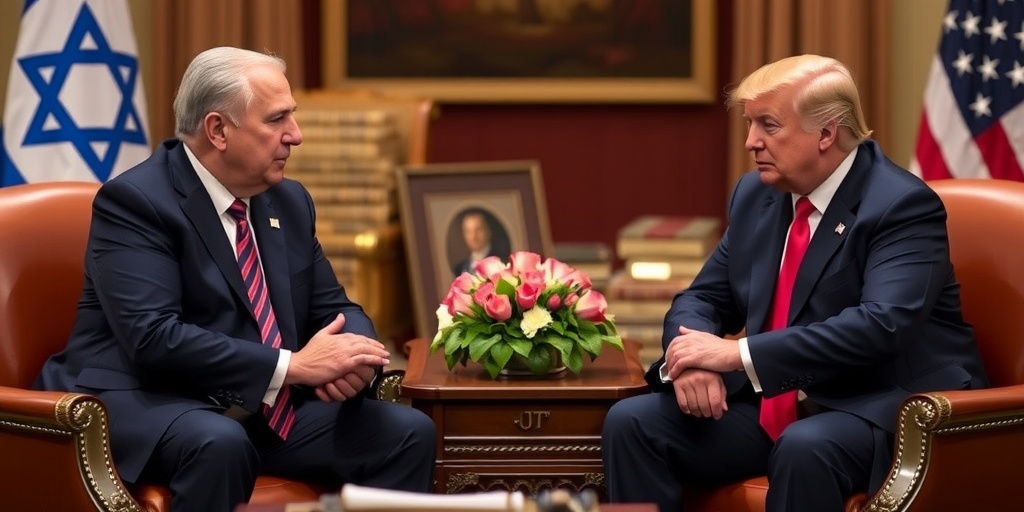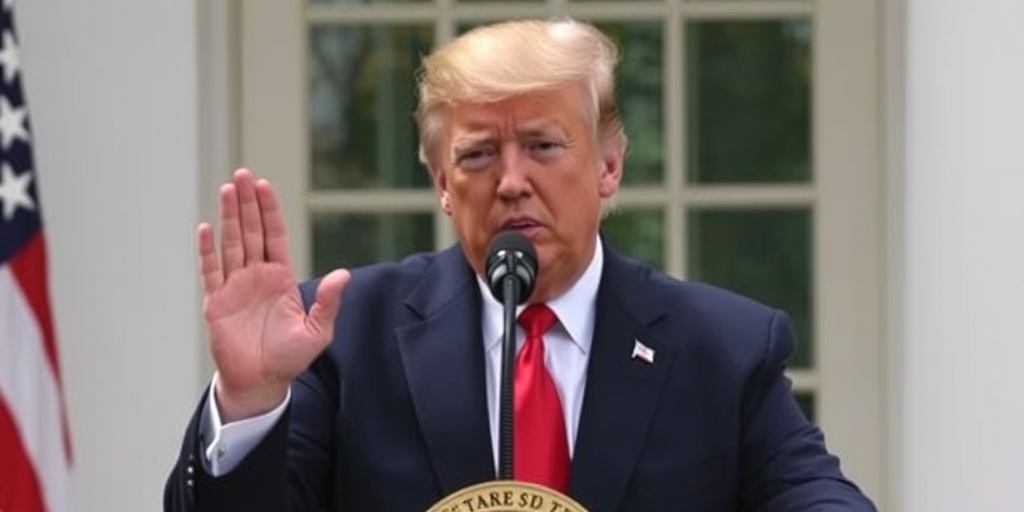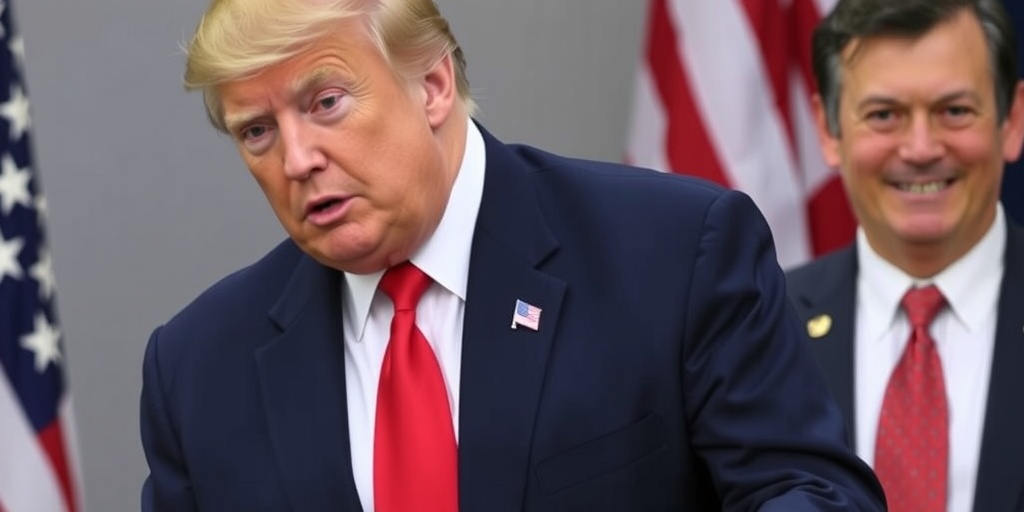Now Reading: Israel to Lift Tariffs on U.S. Imports Ahead of Trump Announcement
-
01
Israel to Lift Tariffs on U.S. Imports Ahead of Trump Announcement
Israel to Lift Tariffs on U.S. Imports Ahead of Trump Announcement

Israel Cancels Tariffs on U.S. Imports Amidst Anticipation of New American Levies
In a significant move to strengthen economic relations between the two nations, the Israeli government has announced that it will eliminate all remaining tariffs on American imports. This decision appears to be a strategic effort to protect itself from a new series of tariffs that U.S. President Donald Trump is expected to unveil this Wednesday. The announcement aligns with Israel’s longstanding commitment to trade liberalization with its largest trading partner.
Israel and the United States share a robust economic partnership, formalized through a free-trade agreement established in 1985. This agreement generally exempts U.S. products from Israeli tariffs, fostering an environment of mutual trade benefits. Israeli Prime Minister Benjamin Netanyahu highlighted this latest initiative as a step towards further liberalizing trade. In a post shared on social media platform X, formerly known as Twitter, Netanyahu stated, "Today we canceled all of the customs duties levied on products from the U.S., Israel’s largest trading partner. Canceling the customs duties on American goods is an additional step in the policy that my governments have led for a decade in opening up the market to competition."
While the proposed measure must receive approval from Israel’s finance committee within the Knesset, the country’s Parliament, it is widely expected to pass based on reports from Israeli media sources. The elimination of these tariffs is anticipated to enhance bilateral trade even further, building upon the already substantial economic interactions between the two nations.
According to data from U.S. trade statistics, total trade between the United States and Israel reached an estimated $37 billion in 2024. The bilateral deficit for the U.S. stood at $7.4 billion, marking an 8.6 percent increase from the previous year. Current Israeli import taxes on American goods amount to approximately $11.3 million annually, with the majority of these tariffs levied on food products, as detailed by Israel’s finance ministry.
President Trump has been actively pursuing a trade agenda characterized by the imposition of tariffs on various countries and sectors. Previous measures included significant tariffs targeting imports from China, Canada, and Mexico. Additionally, recent announcements regarding tariffs on imported vehicles and auto parts are scheduled to take effect shortly. However, the Trump administration has provided little clarity on which specific countries will be impacted by the impending tariffs, leaving it uncertain whether Israel might also face new levies.
In light of these developments, Israel has joined a growing list of nations that are implementing measures to guard against potential American tariffs. For instance, Mexico has taken decisive action in recent weeks by extraditing accused cartel leaders to the U.S. to face charges and deploying military forces to fentanyl laboratories near the border. Such actions reflect a broader trend among allies attempting to stave off tariff impositions that could disrupt their economies.
According to the Trump administration, the goal of these tariffs is to recalibrate global trade dynamics in favor of American interests. The administration argues that by imposing tariffs, it can prevent other nations from exploiting the U.S. economy, promote domestic production by making it cheaper for companies to operate in the United States, and ultimately generate revenue for the U.S. Treasury.
The reactions to Trump’s trade policies have varied significantly among America’s trading partners. Canada, the European Union, and China, among others, have enacted retaliatory tariffs in response to previous rounds of tariffs instituted by the Trump administration. This escalation of trade tensions continues to raise concerns regarding the future of global trade relations and the economic implications that come with such a volatile environment.
As the global trading landscape evolves, Israel’s proactive approach in cutting tariffs on U.S. imports could serve as both a safeguard and a strategic move to enhance its economic ties with the United States. With upcoming decisions regarding tariffs looming from the Trump administration, the international community will be keenly watching how these dynamics unfold, particularly in light of the delicate balance between economic partnerships and national interests.
Stay Informed With the Latest & Most Important News
Previous Post
Next Post
-
 01New technology breakthrough has everyone talking right now
01New technology breakthrough has everyone talking right now -
 02Unbelievable life hack everyone needs to try today
02Unbelievable life hack everyone needs to try today -
 03Fascinating discovery found buried deep beneath the ocean
03Fascinating discovery found buried deep beneath the ocean -
 04Man invents genius device that solves everyday problems
04Man invents genius device that solves everyday problems -
 05Shocking discovery that changes what we know forever
05Shocking discovery that changes what we know forever -
 06Internet goes wild over celebrity’s unexpected fashion choice
06Internet goes wild over celebrity’s unexpected fashion choice -
 07Rare animal sighting stuns scientists and wildlife lovers
07Rare animal sighting stuns scientists and wildlife lovers





















